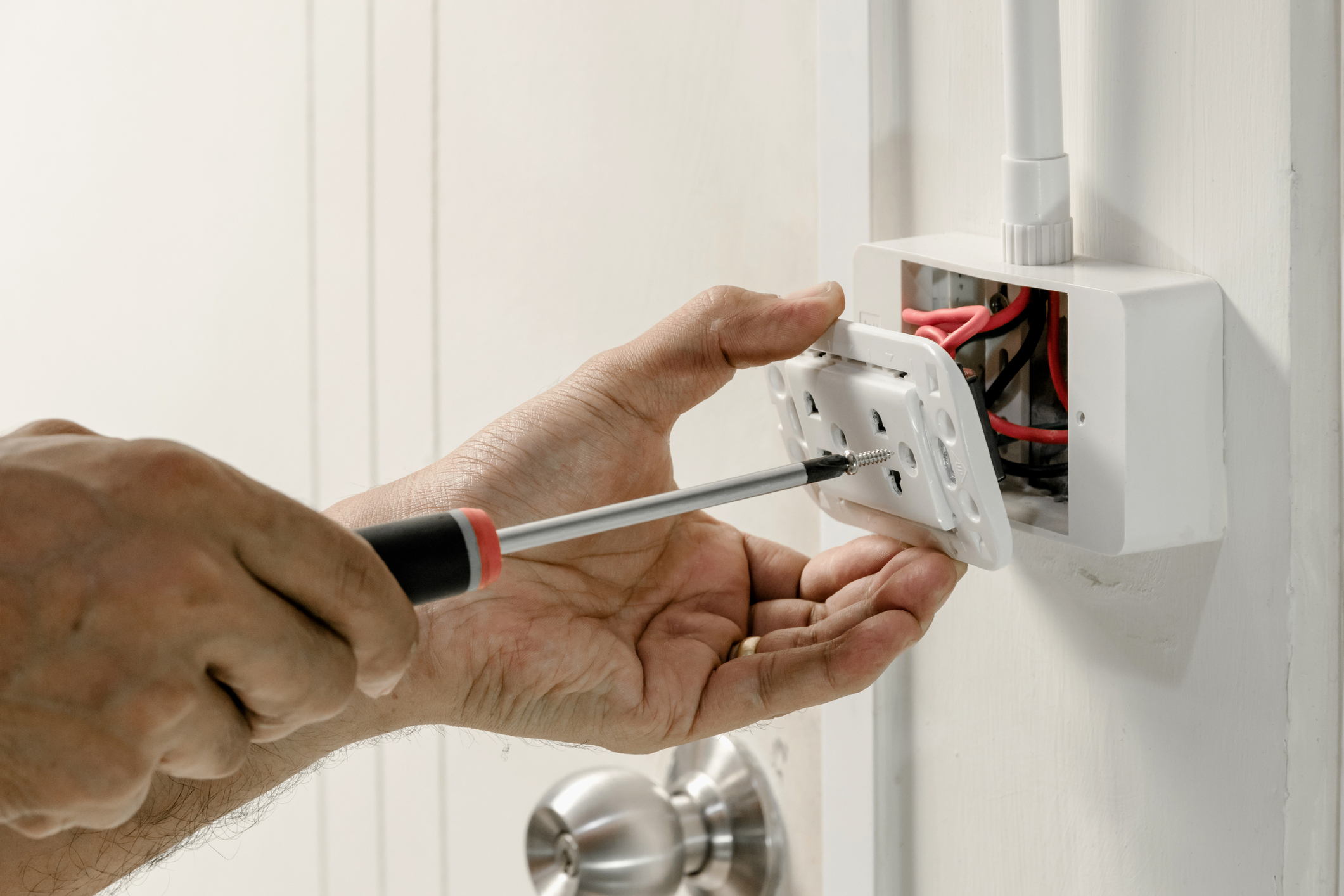Electrical Inspections in Minneapolis & St. Paul, MN
As a homeowner in the Twin Cities, ensuring the safety and functionality of your home’s electrical system is crucial. That’s why electrical inspections should be a routine part of your home maintenance checklist. Electrical inspections are essential in identifying and addressing any potential hazards or code violations before they cause significant damage or harm.
We provide reliable and thorough electrical inspections in the Twin Cities, Minneapolis, St. Paul, and St. Louis Park, MN, area — call (952) 933-1868 to make an appointment.

What Happens During an Electrical Inspection?
During an electrical inspection, an electrician will comprehensively examine your home’s electrical system. They’ll check for discrepancies, damage, or potential hazards that may violate the electrical code. Some of the tasks included in an electrical inspection are:
- Verifying that your electrical panels and breakers are adequate and up to code
- Ensuring that all wiring and electrical devices are compliant with the electrical code
- Checking for potential fire or safety hazards due to overloaded circuits
- Examining your home’s interior and exterior electrical system, including lighting fixtures, outlets, and switches
At 4Front Energy, we offer reliable and thorough electrical inspections, including a detailed report of discrepancies or potential hazards. Our professional electricians will provide top-quality electrical installation and repairs that meet all safety standards.
Common Code Corrections
After an electrical inspection, it’s common to have some code violations or necessary corrections. These are often simple fixes that, when ignored, could lead to significant damage or harm. Common code corrections include replacing or installing the following:
- Ungrounded two-prong outlets with three-prong outlets.
- Outdated or malfunctioning electrical panels and breakers.
- Ground Fault Circuit Interrupter (GFCI) outlets in areas with high moisture levels.
- Worn-out or damaged wiring.
- Surge protection devices in your home to protect your electrical system from power surges.
At 4Front Energy, our electricians will identify the necessary code corrections during your electrical inspection and provide reliable installation and repairs to make your home safe and up to all electrical codes.
Call us today at (952) 933-1868 to schedule an appointment for an electrical inspection in Minneapolis, MN.
Why Choose Us?
At 4Front Energy, we prioritize our customer’s safety and comfort. Our team of skilled and certified electricians has years of experience providing thorough and reliable electrical inspections in Minneapolis, St. Paul, St. Louis Park, and throughout the Twin Cities. We use the latest technology to perform safe and accurate electrical inspections to ensure your home or business is up to code and secure.
Don’t settle for less. Connect with us today for top-quality electrical services in the Twin Cities, Minneapolis, St. Paul, and St. Louis Park, MN, by calling (952) 933-1868.
FAQs
How often should you get an electrical inspection done?
Electrical inspections should be performed at least every 10 years. Still, we recommend that you do one every three to five years to ensure that your electrical system maintains optimal safety.
How long does an average electrical inspection take?
The length of an electrical inspection varies depending on the size and age of your home. Typically, a thorough electrical inspection will take approximately two to four hours.

